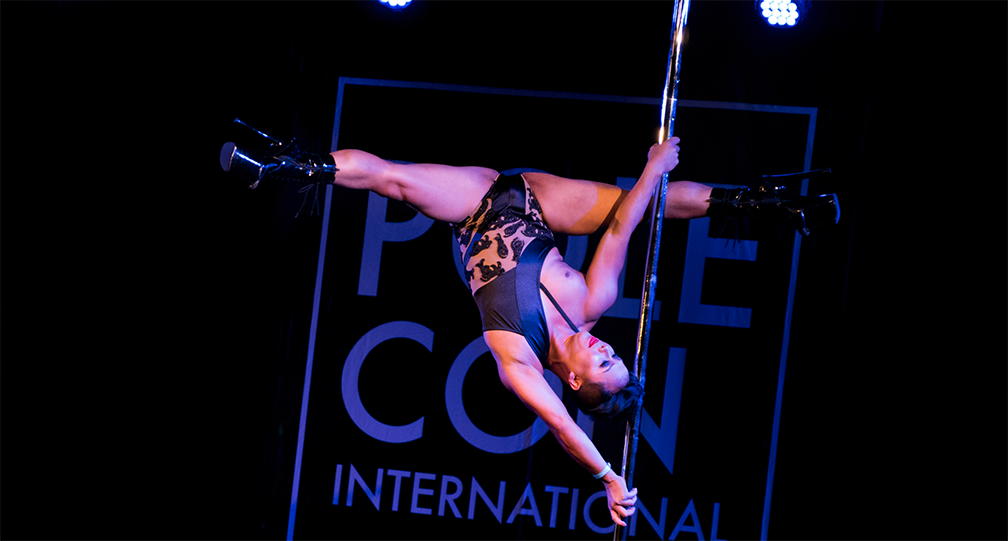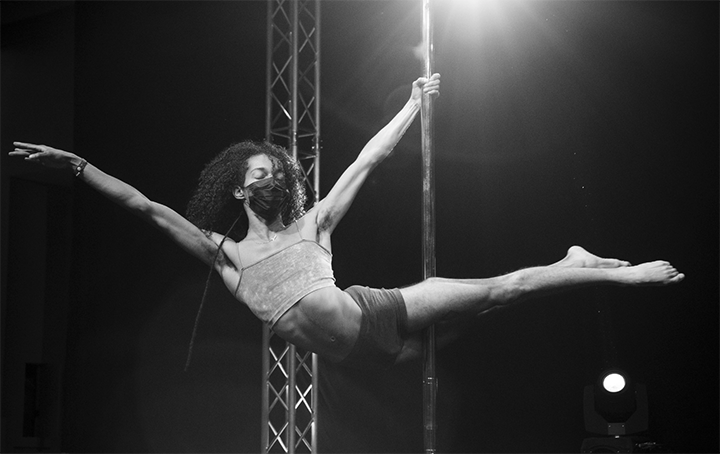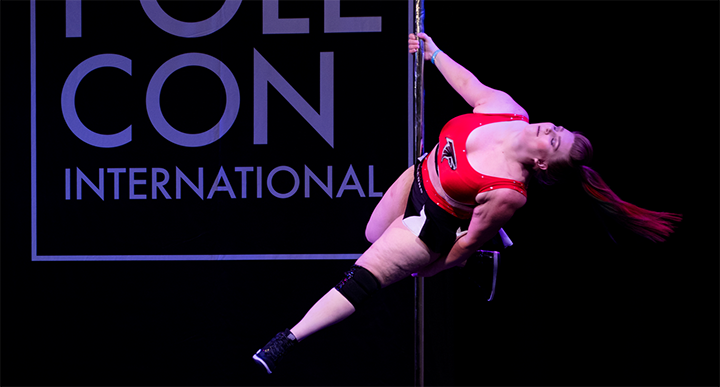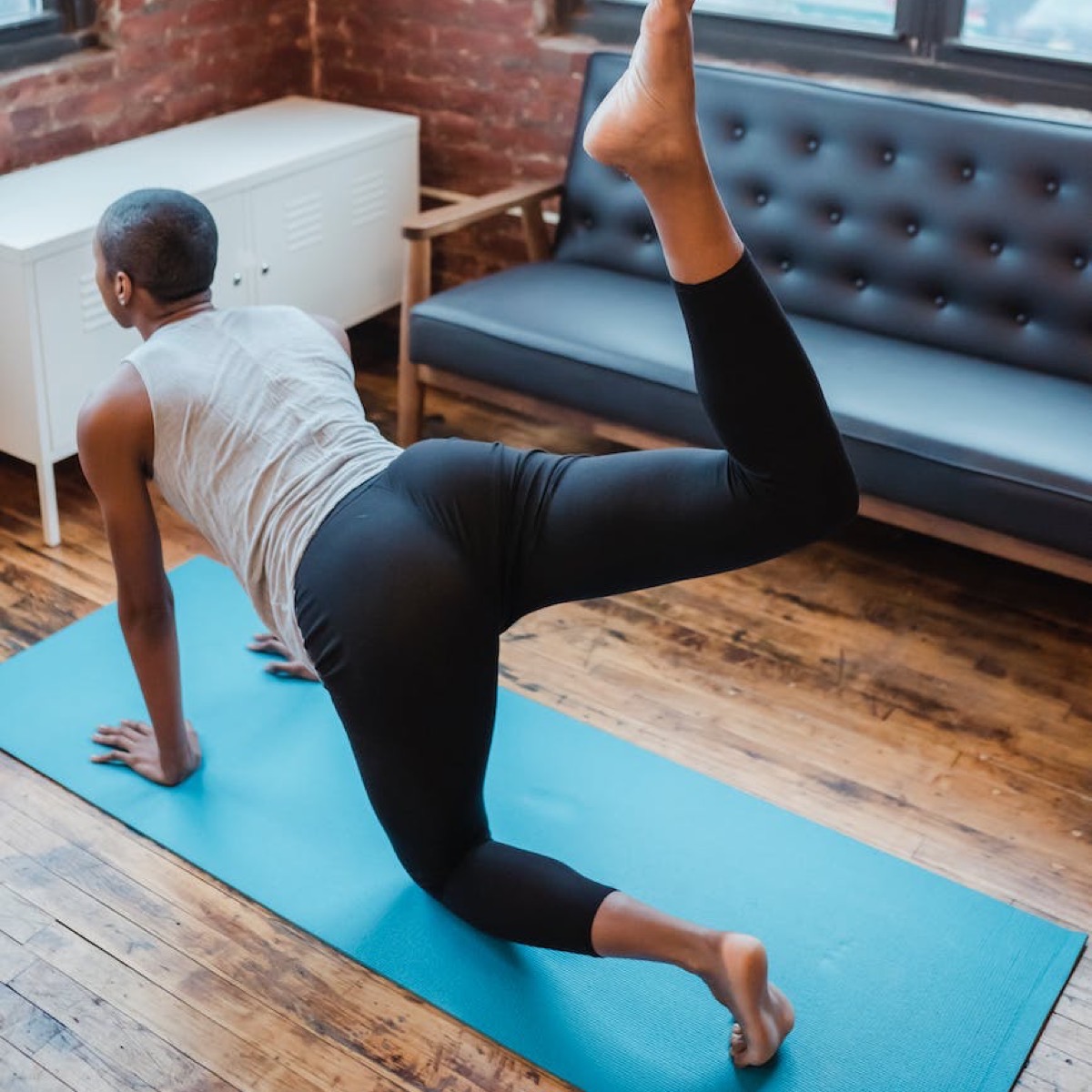I recently saw a reel on Instagram with this tall, thin, gorgeous 20 something young…

Muscular Compensation isn’t (necessarily) bad
Your body is extremely adaptable. It responds to requests that you intentionally or unintentionally give it all the time and makes what are known as “compensations” or deviations from your optimal body alignment with respect to gravity. If you have been sitting hunched at a desk for years and years, it has slowly adapted to make that position more comfortable to you by tightening some muscles (like those in your chest) and lengthening or weakening some other muscles (like those in your back). This allows to you do THIS particular motion (rounding your upper body forward) with less pain or for longer periods of time, or both.
The trouble generally comes when you ask your body to do something else. Or perhaps you’ve pushed it too far (how far is “too” far really depends on the person) doing literally the same thing for most of your life. Then things you did “all the time” with “zero problem” for years suddenly become a problem. And by problem, generally this involves pain sensations and/or restriction in your movement. Maybe it’s harder to get on and off the floor than it used to be. Maybe you could do a full split once and now you can’t.
This experience is usually a subtle change. A dull ache starts to become an occasional stabbing pain. Your head seems permanently tilted to one side; you aren’t sleeping well because your arms keep falling asleep. Compensations may not generate any pain signals at all. Instead of pain, you might feel like your body “just won’t go.” You’re having trouble making progress in your new fitness pursuit because your body just doesn’t work the way your instructor says theirs does.
Sound familiar?
It is important to remember that compensations aren’t inherently bad. We’ve been inadvertently telling our body to do something specific and now, we want it to do something else. We shouldn’t get mad or “punish” our body for listening to us! We need to learn how to listen to our body paying attention to how it’s functioning right now then retrain it in a way that supports a healthy pursuit of movement and alignment—whatever that means for us—as long as we live.
The righting reflexes
Your brain’s priority is to keep your head over your hips to maintain your balance and keep you as upright as possible, working as efficiently as possible against gravity. The body has a natural set of reflexes called the “righting reflexes” or “postural reflexes” designed to help with this. They attempt to avoid pain sensations in the body and respond to your requests for movement or lack of movement such as a repetitive motion or after an injury when your body adjusted to a “new normal” for your movement patterns.
The brain is constantly comparing your expected posture and movements and then correcting for differences. Over time these “corrections” can contribute to further muscular imbalances that range from weakening of some muscles to hyper contraction (tightness) of other. Over time this process can also decrease neurological signaling which is like trying to call a muscle to do a job and having it never pick up the phone. In that case, another muscle “answers the call” and starts doing that job too. Eventually the nerves stop calling the original muscle, so it “forgets” about that muscle almost completely.
There are five basic types of reflexes for humans; animals also have righting reflexes. For instance, the ability for cats to always land on their feet is a reflex. If you have a cat that doesn’t land on their feet, they may have an issue that is impacting that reflex. You can see these reflexes most clearly in babies as they develop.
- Cervical or neck righting reflex: orienting the body using the head, where your head turns, your body wants to follow.
- Body righting reflexes on the body: orienting the body independently of the head in response to stimulation or change.
- Body righting reflexes on the head: orienting the body with the head in relation to stimulation or change.
- Optical righting reflex: orientating the body using the eyes to find the horizon.
- Labyrinthine righting reflex: keeps the body orientated in space using the vestibular system in the ears for balance.
These can be complicated to understand, so try this activity to test your optical righting reflex.
Activity
Sitting up straight in a chair or standing up straight, fix your eyes on something directly in your line of sight. Then tilt your head to one side, letting your ear “listen” to your shoulder. Come back to center and then tilt the other direction, other ear “listening” to your other shoulder. Your eyes stay fixed and your brain’s understanding of the horizon line and your place relative to gravity and to the earth, stays the same.
What does this have to do with my splits? (or backbends or insert activity here)
Our bodies were designed to work against gravity, keeping us upright using our skeleton as the foundation of our movement. Then all our soft tissues are layered on top of that foundation. When we keep moving with our head over our shoulders, over our hips, over our feet, aligned over our spine, the rest of our limbs originate and orient from that central stability. As we develop compensations from chronic movement/non-movement patterns or if we have an injury, we impact that stability working from both the limb in towards the center of our bodies as well as from the center and out. Those changes can be to any of the soft tissues and/or our skeleton. The body doesn’t work in isolation!
The good news is—bodies aren’t static! Just because you’ve been compensating and moving in some ways for a long time does not mean that you will “always” be that way. Just because you’ve never moved in a certain way does not mean you can’t make improves to or even achieve those movements now or in the future. Understanding that adults come to movement with a set of compensatory motions is an important first step to learning how to unravel them. Everyone can improve their movement and decrease pain. It will take time, patience and learning what techniques best suit your body and brain!
Latest posts by Colleen (see all)
- PoleCon 2025 Updates from the Survey - June 20, 2025
- PoleCon Hub Page: MORE Black Voices - June 13, 2025
- PoleCon 2025: Recap - June 4, 2025


